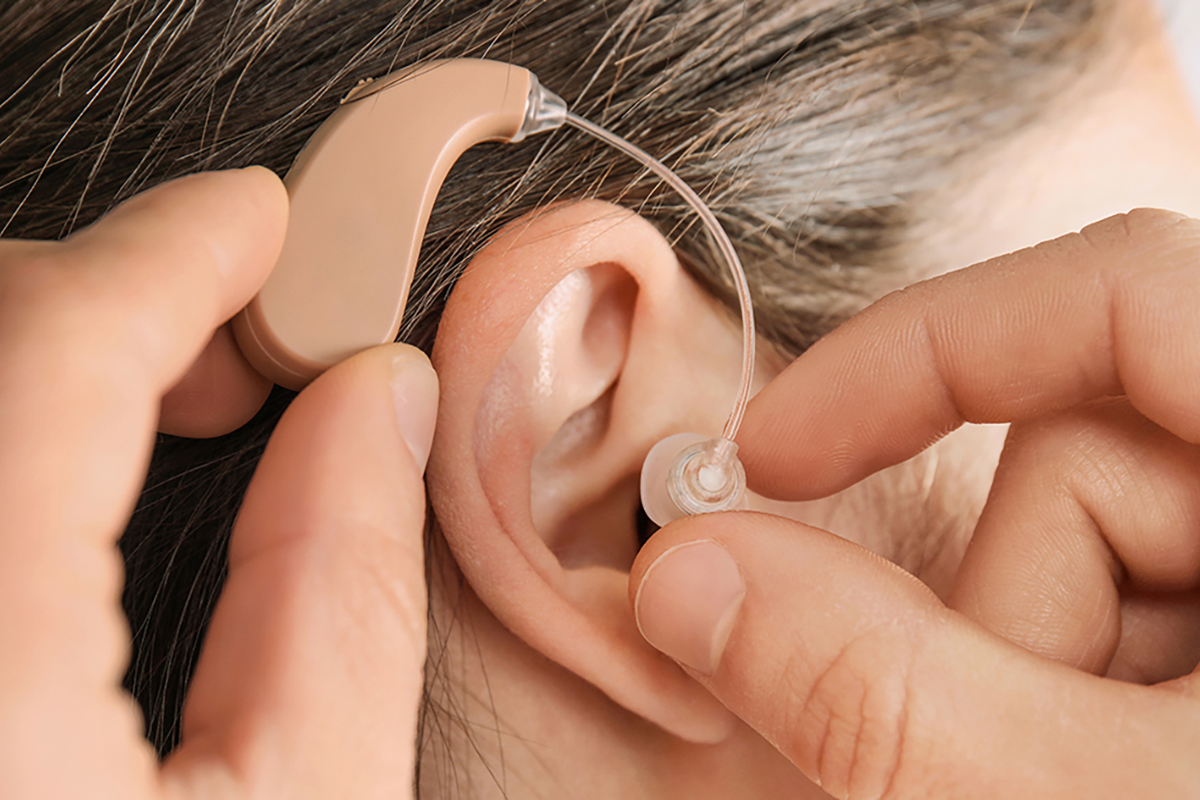One major step towards relieving many medical disorders is undergoing ENT (ear, nose, and throat) surgery. Whether the operation is required or optional, the general outcome of the surgery depends much on the recovery process, which is often guided by the expertise of an otorhinolaryngologist doctor. Knowing what to expect throughout recovery helps people control their symptoms and encourage healing efficiently.
Immediate Postoperative Care
Usually, patients are watched in a recovery room for many hours to make sure no urgent problems arise. Health care providers will check vital signs and control any discomfort using recommended drugs throughout this period. Patients should express any discomfort or strange symptoms since quick response helps to avoid problems.
Pain Management
Although most people suffer pain following ENT surgery, good pain management techniques can help ease recovery. Many times, painkillers suited to individual demands are prescribed to patients. Apart from drugs, cold compresses can assist to lower swelling and offer relief. To guarantee best recovery, one should follow the doctor’s recommendations about dosage and timing.

Dietary Considerations
Patients may be encouraged to begin a soft diet after surgery, particularly if the operation involved the mouth or throat. Easy-to-swallow foods, including yogurt, smoothies, and soups, can aid in reducing pain. Maintaining hydration is also crucial; patients should try to sip lots of fluids while avoiding caffeinated and alcoholic beverages, which can dry out the body.
Activity Restrictions
A good rehabilitation depends on postoperative activity limits. Patients are frequently advised not to engage in heavy lifting, intense exercise, or prolonged bending over. Walking is one of the light exercises that can boost circulation and help avoid problems such as blood clots. As healing advances, it’s important to pay attention to the body and progressively bring back regular activities.
Monitoring Symptoms
One must pay great attention to recovery symptoms. Usually normal are common postoperative symptoms, including swelling, bruising, or minor bleeding. Patients should nevertheless be alert for symptoms of infection like fever, discomfort, or unusual discharge. Any troubling symptoms should cause one to call the healthcare physician, who can offer direction regarding the next actions.
Follow-Up Appointments
Monitoring healing and handling any issues depend on planned follow-up visits with the ENT expert. The healthcare professional will assess the surgery site, remove any sutures if needed, and guarantee that the recuperation is on target during these appointments. To maximize these visits, patients should get ready with questions before hand.
Emotional Well-being
Recovering from anything can be emotionally and psychologically draining. Patients often go through emotions of anxiousness or dissatisfaction at this period. Relaxation practices such as light reading, meditation, or deep breathing help control stress. Furthermore, encouraging and reassuring is asking friends, relatives, or support groups for help.
Following ENT surgery, it’s important to consult your otorhinolaryngologist doctor, as it calls for a thorough awareness of what to expect and how to control many facets of healing. From food concerns and activity limits to early postoperative care, every factor is vital for a healthy recovery. Patients can help to ensure a better recovery by keeping educated, tracking symptoms, and keeping honest contact with their doctors, therefore promoting better health and well-being.




